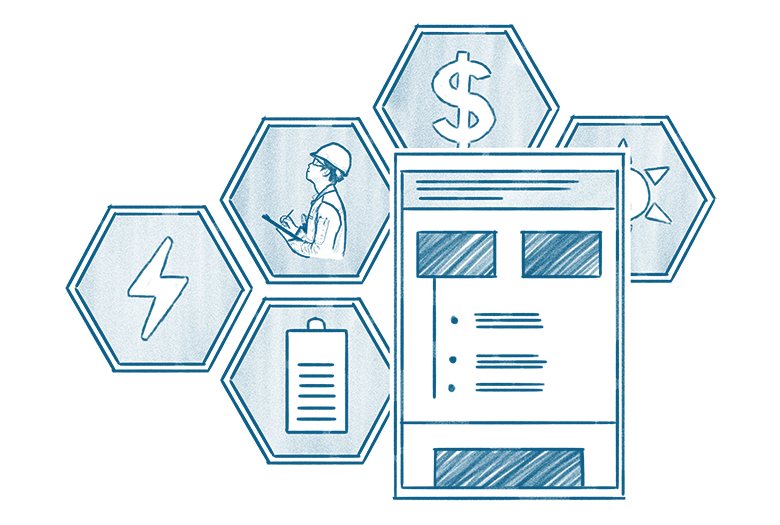Additional Resources
Looking for more information about how to achieve your energy goals? Cut costs? Enhance resiliency?
Browse the resources below to learn more about how the right energy system can be the key to the success of your organization.

Filters
Showing
